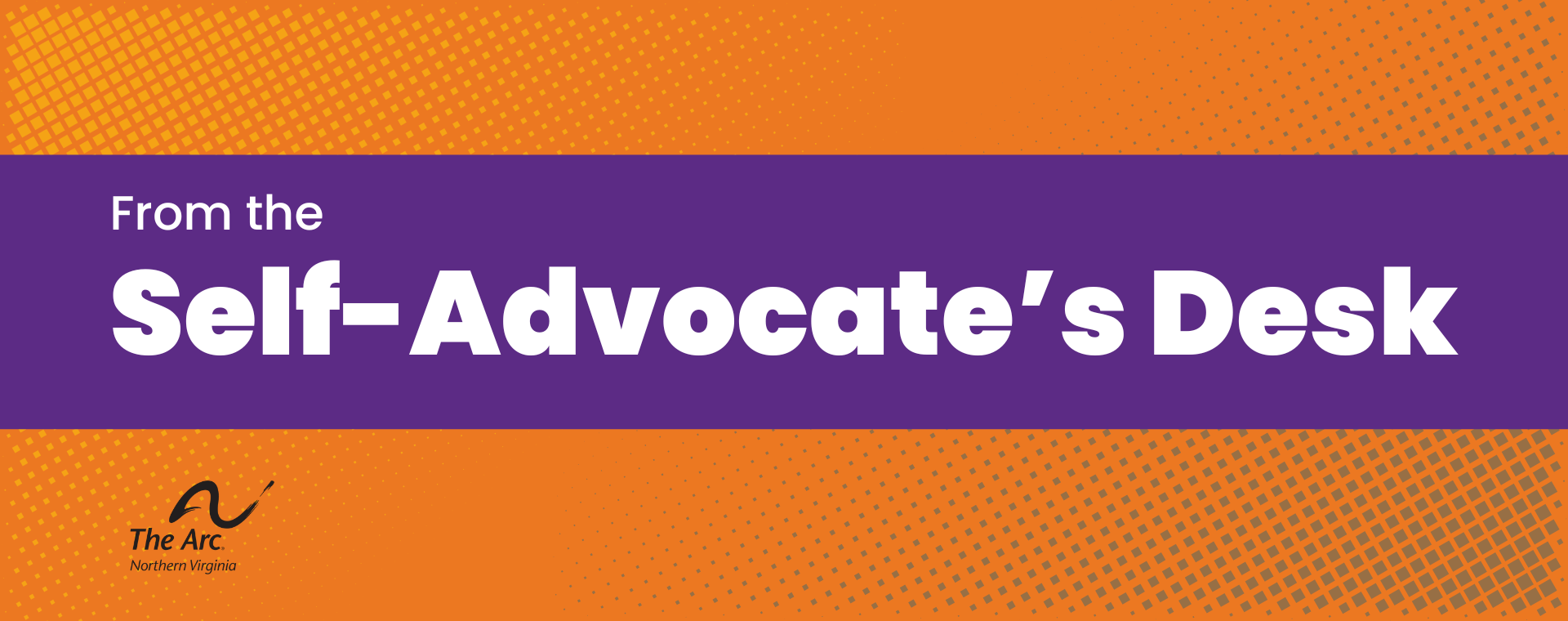Introduction
July 24, 2025, marked a pivotal moment; not just in political headlines but in the lived realities of people with disabilities, those experiencing homelessness, and the advocates who work alongside them. Executive Order 14321, issued by President Donald J. Trump, sets in motion sweeping federal directives aimed at “ending crime and disorder on America’s streets.” While framed as a public safety measure, the order takes a sharp turn toward punitive enforcement and coercive treatment, steps that risk undermining civil rights and decades of progress toward community integration. As a self-advocate, I cannot view this development in the abstract; its consequences feel immediate and deeply personal.
What You Need to Know
Executive Order 14321 is a federal mandate that instructs agencies such as the Department of Justice, Department of Health and Human Services, Department of Housing and Urban Development, and the Department of Transportation to adopt aggressive strategies for addressing visible homelessness and public disorder. This includes prioritizing anti-camping ordinances, increasing civil commitment powers, and conditioning certain federal grants on compliance with these enforcement policies. In effect, it shifts the national response to homelessness and behavioral health from a focus on voluntary support and housing solutions to one grounded in law enforcement and institutionalization.
Why Does This Matter?
Because proven approaches, such as Housing First and harm-reduction strategies, are being sidelined in favor of coercive interventions that threaten autonomy, dignity, and access to rights-based care. Instead of supporting long-term stability, the order risks pushing vulnerable individuals further into cycles of trauma and marginalization.
Impact on Our Community
For people with disabilities, particularly those living with mental health conditions, this executive order carries profound risks. By prioritizing involuntary treatment and reducing the role of voluntary, community-based supports, the order undermines the principles of the Americans with Disabilities Act and the landmark Olmstead decision, which affirm the right to live in the least restrictive setting possible.
Local systems, already stretched thin, may find themselves overwhelmed by expanded civil commitment requirements without additional funding or infrastructure. At the same time, the order reinforces harmful stereotypes; casting visible poverty and mental illness as threats to public safety; thereby increasing stigma and eroding trust between vulnerable communities and public institutions. This is not just a policy shift; it is a re-shaping of how our society views and treats people in crisis.
The Path Forward
The challenges presented by Executive Order 14321 require an equally strategic and united response. First, coalition-building is essential. Disability rights organizations, homeless services providers, civil liberties advocates, and community leaders must come together to present a unified front. By amplifying each other’s voices, we can counteract narratives that frame coercion as care.
Second, we must hold systems accountable. This means monitoring how federal agencies implement the order, tracking how grant conditions are applied, and demanding transparency in decision-making. Advocacy is not only about opposition; it’s also about insisting on safeguards that protect rights and dignity when policy is put into practice.
Third, our stories matter. Sharing lived experiences through media, public comment, legislative testimony, and social platforms humanizes the consequences of harmful policies. It reminds decision-makers that behind every “case” or “number” is a person with history, agency, and dreams.
Finally, we must double down on proven alternatives. Housing First programs, trauma-informed outreach, integrated behavioral health services, and strong legal protections all work. They reduce homelessness, improve health outcomes, and preserve autonomy. These are the solutions worth funding and defending.
In Solidarity
This moment is not the end—it is a rallying point. We will not be silenced or diminished in the name of “order.” The disability community, alongside our allies, has faced setbacks before, and each time we have emerged more organized, more resilient, and more determined. By standing together, demanding equity, and centering the voices of those directly affected, we can ensure that dignity, autonomy, and inclusion remain at the heart of public policy.
Thank you for taking the time to engage with this important discussion. Your attention and consideration help move these conversations forward.
Warm regards,
Ian Allan
Self-Advocate for The Arc of Northern Virginia
Ian Allan is a self-advocate with a deep commitment to policy literacy, systems change, and disability justice. Through The Arc of Northern Virginia, he works to ensure that people with intellectual and developmental disabilities are not merely served by systems, but are actively shaping them.

